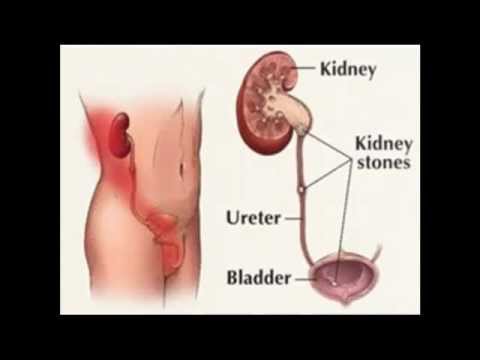
A urinary tract infection can affect any area of the urinary system, causing: Urinary tract infections. This is a condition of the urethra, which is the small hollow tube through which urine flows from the kidneys to the outside of your body. It is not unusual for people to have one or more urinary tract infections each year, although most of these infections do not lead to serious problems. Urinary tract infections are usually caused by bacteria that get into the urinary system, and they can lead to further problems if left untreated.
While many causes of urinary tract infections are associated with underlying medical conditions, some of these causes can be avoided by regular exercise and reducing stress. If your doctor suspects that you might have a urinary tract infection, he or she will likely prescribe antibiotics. Antibiotics work by killing off any bacteria that are living in your body and by reducing the amount of naturally occurring bacteria in the urinary system.
Other causes of urinary tract infection include eating foods that contain high levels of sugar, taking birth control pills, and using steroids and other antibiotics. If your doctor has ruled out any of these causes of a urinary tract infection, he or she will most likely recommend a course of antibiotics to treat the infection. Antibiotics work by killing off all the harmful bacteria in your body, but some of them may also kill off helpful bacteria, leaving you vulnerable to an infection in the future.
One of the side effects of antibiotics is that there are usually some unwanted side effects associated with their use, including: The side effects of antibiotics can often lead to urinary tract infections. These side effects may include: In some cases, a person with a urinary tract infection may experience severe pain in the groin area. This pain is caused by antibiotics not working properly for infections.

If you have a urinary tract infection, your doctor may also recommend a course of over-the-counter antibiotics. Over-the-counter medicines such as Neosporin or Diflucan are available without a prescription from various pharmacies. These medicines do not require a prescription and most are safe for most people.
While antibiotics can help treat a urinary tract infection, it’s important to make sure you follow the medication as directed by your doctor and drink plenty of water to flush out any remaining bacteria in your body as quickly as possible. Your doctor will likely recommend that you stay away from intercourse until you have recovered.
Antibiotics are not the only way to cure a urinary tract infection. There are several ways to treat an infection, including natural methods and holistic natural remedies. Most herbal remedies are very gentle and will not result in side effects. However, if you are suffering from a chronic infection and your condition is getting worse, you may want to talk to your doctor about using a more powerful treatment, such as surgery.
Urinary tract infection can be treated with a range of natural remedies such as homeopathy, homeopathic treatment, and even homeopathy combined with conventional medicine, which you can find a description of at https://www.saludremediosar.com/. Many people have found that using a combination of homeopathy along with traditional medicine can help cure a urinary tract infection and is often the best way to make sure a persistent infection is completely cured. However, most people need to use both homeopathy and traditional medicine if their condition is particularly bad, as the longer it is left untreated, the more difficult it becomes and may leave them in more danger of coming to terms with another problem.
Leave a Reply